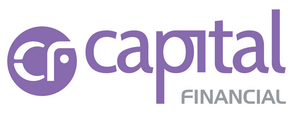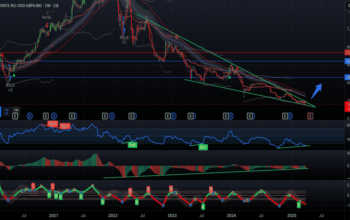In today’s burgeoning trading landscape, an increasing number of beginners are venturing into the stock market. The paramount features of an ideal trading platform for novices encompass user-friendliness, educational resources, and access to high-quality stock market information. This article delves into comprehensive information about trading for beginners.
What is a Trading Account?
A trading account, a variant of an investment account, facilitates the buying and selling of assets within the same trading session. Ideal for intraday trading, users often employ short-term buy-and-hold strategies. To participate in stock market transactions, a dedicated trading account is indispensable, and it can be easily opened online through any stockbroker.
Trading Account Meaning:
A trading account is broadly defined as “any investment account, including securities, cash, or other possessions,” as per Investopedia. It predominantly refers to the primary account of an intraday trader, who frequently engages in buying and selling assets within the same trading session. The assets in a trading account are distinct from those earmarked for long-term investment.
Types of Stock Market Trading:
-
Intraday Trading/Day Trading:
-
Involves buying and selling stocks within the same day.
-
Capitalizes on modest price swings occurring throughout the day.
-
Requires heightened awareness of share price fluctuations.
-
-
Swing Trading:
-
A short-term strategy spanning days or weeks for short-term gains.
-
Utilizes technical analysis for implementation.
-
Yields higher potential returns with a clear stock trend.
-
-
Positional Trading:
-
Involves holding stocks for days or months until the target price is reached.
-
Integrates technical and fundamental analysis.
-
Allows recovery from short-term losses over time.
-
Important Tips for Beginner Traders:
As beginners embark on their trading journey, several crucial tips can guide them:
-
Implement Stop Loss: Every trade must have a stop-loss to mitigate potential losses.
-
Avoid Margin Trading Initially: Steer clear of margin trading to prevent amplified losses.
-
Diversify Investments: Refrain from putting all funds into one trading investment.
-
Exercise Caution with Derivatives: Delve into derivatives cautiously due to their high-risk nature.
Things to Look Out Before Choosing A Trading Account:
Before choosing a trading account, meticulous consideration of the following factors is imperative:
-
Ease of Account Opening Process
-
Software & User Interface
-
Brokerage & Trading Commissions
-
Trading Account Opening Fees
Best Trading Account for Beginners and Investors:
Choosing the right trading account is crucial for beginners. Factors like user-friendliness, low fees, and robust customer support are vital. Discount brokers focus on enhancing trading platforms, while full-service brokers prioritize customer service. A careful examination of customer reviews from various brokers can reveal distinctions that optimize affordability without compromising quality.
Conclusion:
Navigating the stock market as a beginner requires a solid understanding of trading fundamentals to mitigate potential losses. Choosing the right brokers with designated portfolio managers and investing in well-reputed professionals can significantly impact trading success. Investing through reputable platforms can make every penny invested well worth it.
Trading Account App & Online Share Broker:
For enhanced accessibility and convenience, trading account app and online share brokers have revolutionized the stock market landscape. These platforms offer intuitive interfaces, real-time updates, and seamless trading experiences. Choosing a reliable trading account app and an online share broker ensures a dynamic and responsive approach to stock market participation.




